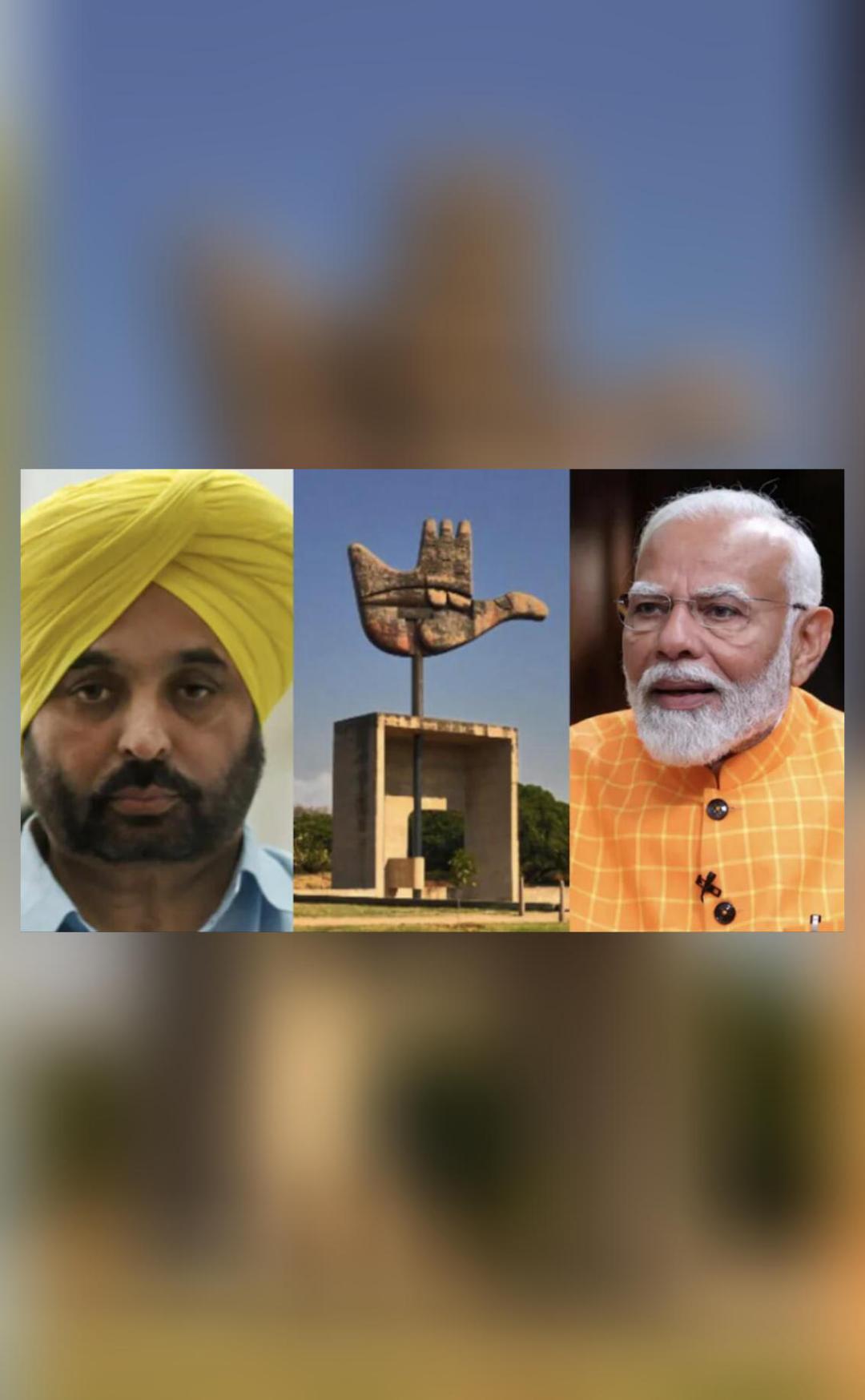
Centre issues clarification amid row over Bill to appoint L-G to Chandigarh
The Home Ministry has issued a clarification regarding a proposed Bill to appoint a Lieutenant Governor to Chandigarh, following a row sparked by the suggestion. The Ministry stated that the Bill is “only to simplify [the Centre’s] law-making process” for Chandigarh, and that “no final decision has been taken” on the matter. The clarification aims to alleviate concerns that the proposed Bill would alter the governance or administrative structure of Chandigarh, or its arrangements with the neighboring states of Punjab and Haryana.
The proposal to appoint a Lieutenant Governor to Chandigarh has been met with significant opposition from various political parties and stakeholders, who argue that it would undermine the city’s autonomy and create unnecessary bureaucratic hurdles. The Home Ministry’s clarification seeks to address these concerns, emphasizing that the proposed Bill is merely a technical measure aimed at streamlining the law-making process for Chandigarh.
According to the Ministry, the proposal in no way seeks to alter Chandigarh’s governance or administrative structure, or its arrangements with Punjab and Haryana. The city’s current administrative setup, which is overseen by the Punjab and Haryana High Court, would remain unchanged. The Ministry’s statement suggests that the proposed Bill is intended to simplify the process of enacting laws for Chandigarh, rather than to effect any significant changes to the city’s governance.
The row over the proposed Bill has sparked a heated debate, with some arguing that the appointment of a Lieutenant Governor would be a welcome move, bringing greater stability and accountability to the city’s administration. Others, however, have expressed concerns that it would lead to increased bureaucratic interference and undermine the city’s autonomy.
The Home Ministry’s clarification is likely to provide some relief to those who were concerned about the potential implications of the proposed Bill. However, it remains to be seen whether the clarification will be enough to assuage the concerns of all stakeholders, or whether the debate over the proposed Bill will continue to simmer.
In recent years, Chandigarh has experienced significant growth and development, driven in part by its strategic location and its reputation as a hub for business and commerce. The city’s administration has been overseen by the Punjab and Haryana High Court, which has played a crucial role in shaping the city’s governance and development.
The proposed Bill to appoint a Lieutenant Governor to Chandigarh has sparked a wider debate about the city’s governance and administrative structure. While some argue that the appointment of a Lieutenant Governor would bring greater stability and accountability to the city’s administration, others believe that it would undermine the city’s autonomy and create unnecessary bureaucratic hurdles.
As the debate over the proposed Bill continues, it is likely that the Home Ministry’s clarification will be closely scrutinized by all stakeholders. The Ministry’s statement suggests that the proposed Bill is intended to simplify the process of enacting laws for Chandigarh, rather than to effect any significant changes to the city’s governance. However, the row over the proposed Bill has highlighted the need for greater transparency and consultation in the decision-making process, to ensure that the interests of all stakeholders are taken into account.
In conclusion, the Home Ministry’s clarification regarding the proposed Bill to appoint a Lieutenant Governor to Chandigarh has provided some relief to those who were concerned about the potential implications of the proposal. However, the debate over the proposed Bill is likely to continue, with some arguing that it would bring greater stability and accountability to the city’s administration, while others believe that it would undermine the city’s autonomy and create unnecessary bureaucratic hurdles. As the situation continues to unfold, it is likely that the Home Ministry’s clarification will be closely watched by all stakeholders, and that the proposal will be subject to further scrutiny and debate.






